All images by Stephanie Lee for RICE Media.
A non-exhaustive list of things you might miss out on if you contract dengue fever: birthdays, job opportunities, social gatherings.
For Marklin Ang, it was his first day of National Service enlistment.
The first time he caught dengue in 2012, the burning fever and excruciating back aches that struck him in the middle of the night were the least of his concerns. Hospitalised, Marklin remembers pleading with the doctors and nurses to be discharged.
“I didn’t want to be potentially charged for not turning up.”
He would learn that it would be the least of his worries. Because Marklin caught dengue again. And again.
The unseen toll of this infamous virus is unimaginable to many. We are being warned right now against a “major dengue outbreak” of historic proportions, piling onto existing Covid infections. It’s enough to threaten our healthcare system and low herd immunity.
Despite the flurry of advertisements bombarding our bus stops and HDB lift lobbies, the touchier, more nebulous effects of dengue remain less publicised. But what exactly are they?
Red Zone Scare
It’s a pretty terrible time to catch dengue, or any contagious disease for that matter.
Amid wave after wave of Covid variants and lockdowns, many Singaporeans are simply trying to figure out the best way to stay afloat now in a state of endemicity.
Here’s the problem with dengue: it’s both incredibly probable and improbable. As of July 2022, there are at least 341 active clusters, with 120 of them classified as high-risk areas that host 10 or more dengue cases.
Just as we seemingly turned a corner with Covid, we now face the threat of a major dengue outbreak. In some parts of Singapore, it’s happening within the safest places we know: our homes.
As the National Dengue Prevention Campaign told us for years, outbreaks can spawn from a number of things—unturned vases and pots, overlooked stagnant water on rims of pails, roof gutters, or just plain bad luck.
Dengue’s debilitating effects are well-known to most of us by now, having been drilled into us since childhood. What isn’t discussed as much is how remarkably stressful it can be.
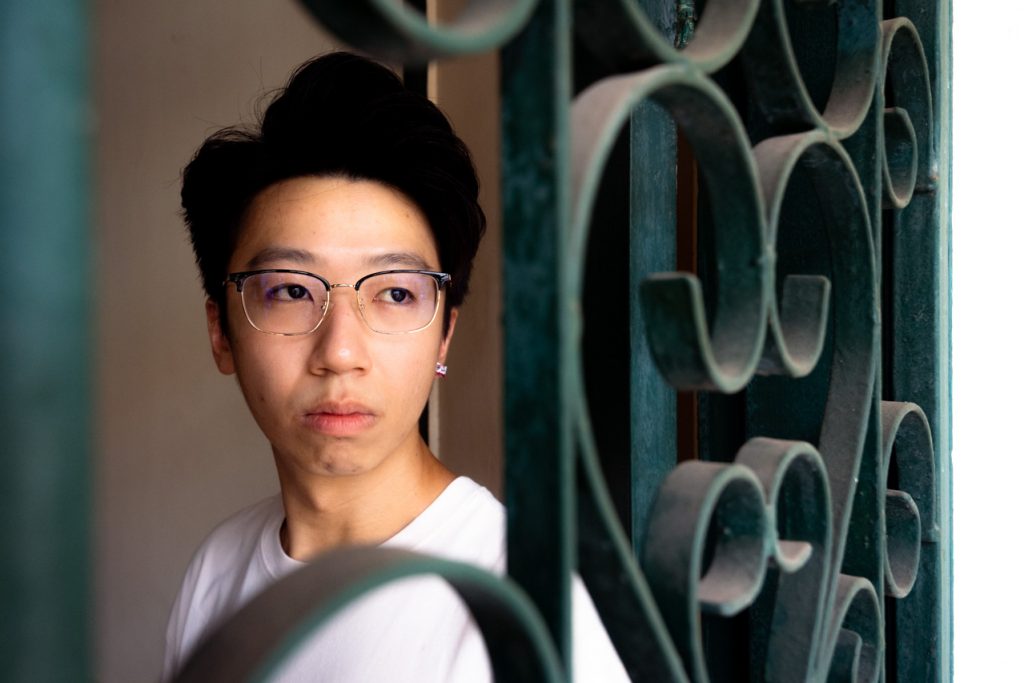
Marklin might not remember much about his three intense ordeals with the affliction–just the traumatic hospital stays and blood transfusion procedures.
“In fact, by my third encounter with dengue, my whole brain was in a fog,” he admits. “It still feels foggy when I try to think about that time now.”
He scarcely recollects the sheer number of needle holes on his arms, the bruising from drawing blood constantly. Bed-bound and hooked to a drip, his lack of strength and inability to think clearly resulted in week-long hospital stays that were, in his words, excruciating.
Hafizah Jainal, a freelance illustrator and designer, has similarly had her memories of surviving dengue in 2020 suspended in a haze.
“I had no idea how I contracted it—but I was aware that I live in a dengue red zone.”
For Hafizah, contracting dengue was barely a consideration. Between the stress of moving into her new place–a quaint conservation shophouse in Little India–and the pandemic having just teetered towards its peak, the excitement from moving quickly morphed into panic.
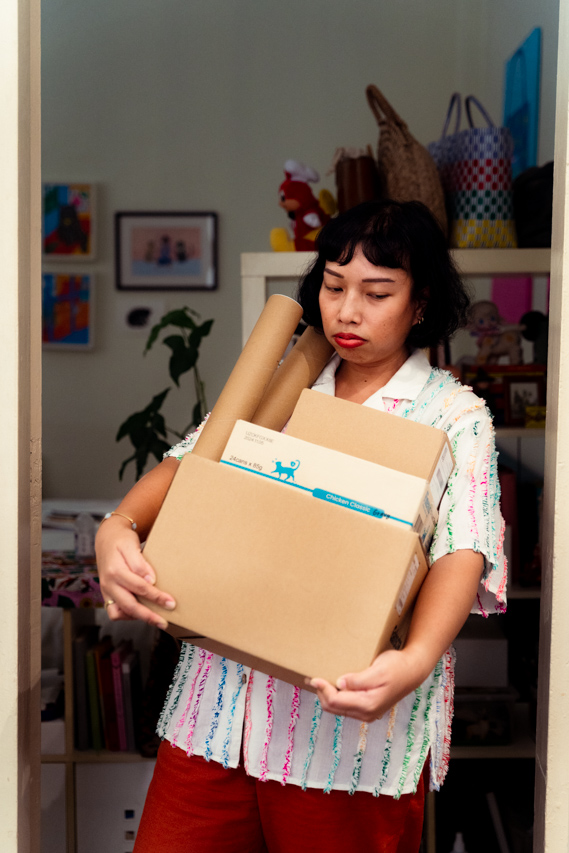
Constantly bombarded by rising Covid numbers in the news alongside frightening stories of hospital beds quickly filling up everywhere, Hafizah was understandably worried.
“I was pretty paranoid about having to isolate myself.”
Things were particularly unexpected for Hafizah. She didn’t know what a living situation for someone with dengue would be like—whether she required isolation or if she was required to manage symptoms by herself.
“I had a housemate. I just didn’t feel comfortable asking for help because I didn’t want to trouble her,” she reveals. “At that point, I started to miss my mum. Her presence has always been reassuring.”
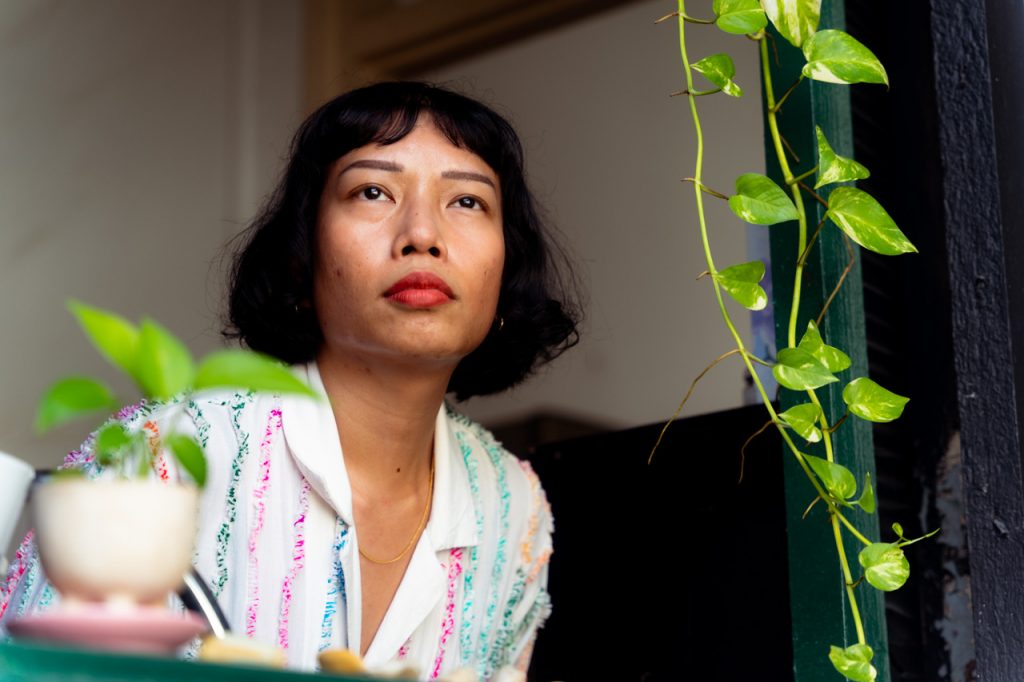
For Marklin, being hospitalized several times for dengue didn’t mean he was free from its clutches either. As pandemic restrictions eased up, it struck his elderly mother.
One afternoon, he received a worrying call from her. He rushed home to find her hunched over from unbearable backaches and heating up from a high fever—symptoms that looked and felt suspiciously like dengue. But with Covid still on the loose, who knew?
“I was running through many scenarios in my head, and many ‘what-ifs’. I decided to brave it through and expose myself to whatever it was by following through with her.”
Such ‘what’-ifs’ don’t always have to remain worries, at least with adequate protection. Unlike most insurance schemes, there’s one that comes at no cost: AIA Dengue Cover, which accounts for all sorts of treatment and outcomes so the focus can remain on what really matters—getting better. Quick.
Days after that horrific afternoon, the blood test results showed signs of dengue. Both of them were, oddly enough, relieved. Marklin had been on the other side and back. He could now guide his mother through it.
“At least some normalcy in our lives prevailed.”
The Hard Aches
Normalcy for Hafizah means that work never stops: “Being the workaholic that I am, I thought I could still squeeze in a bit of work while I sat in my bed, but the medication given was far too potent.”
The stress of dengue further triggered a flare-up in her psoriasis, a life-long skin condition that remains a constant struggle.
“There would be more plaques on my skin, and they would get easily inflamed and flaky,” she describes.
Marklin, on the other hand, suffers from thalassemia minor, an inherited blood disorder that affects his body’s ability to produce haemoglobin and healthy red blood cells. He shares that this resulted in a far more severe reaction to dengue—not to mention the added fear of the unknown long-term effects.
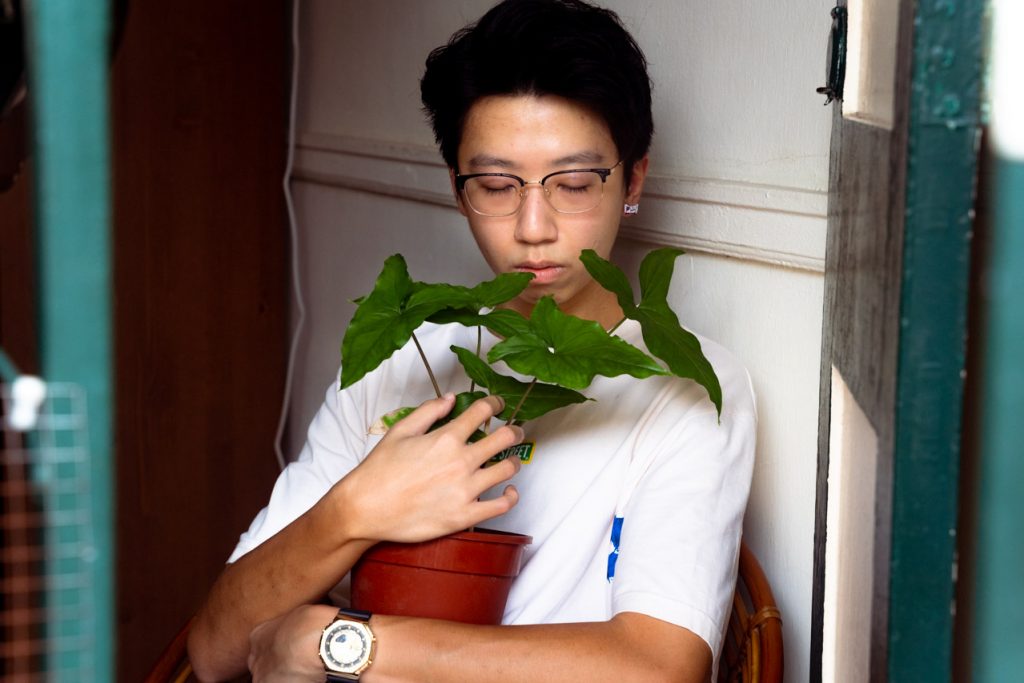
In a viral Facebook post Marklin made in 2020, he shares that his “short-term memory has degraded ever since”. The post’s traction not only gave him an unexpected platform to publicly share his experience but also an outlet for strangers to relate to his health struggles.
As a photographer by trade today, Marklin credits his brushes with dengue and memory loss as the ultimate push for him to pursue photography. He now captures every memory, no matter how mundane.
Prevention, Not Reaction
“In many Singaporeans’ minds, I can safely say many of them have a similar mindset towards dengue,” Marklin remarks.
“Won’t so suay kena one la.”
While no one (especially if you’re a healthy young person) is ever totally prepared to catch dengue, knowing that their hospital bills or any hidden costs are covered provides much-needed ease of mind.
“To be honest, at 22, I didn’t really care about dengue insurance plans,” says Marklin. Things could have looked a lot less distressing for him and his parents – who helped foot his hospital bill – if specialised dengue coverage, on top of their regular insurance, had been made known to them.
While he was insured under a hospitalisation plan, he admits that it did not provide enough coverage as he would have liked. Adequate and timely healthcare subsidies specific to dengue would’ve been key in curbing unnecessary fees and easing any financial stress that might have fallen on his parents.
Concentrating on nursing both your body and mind back to health should always be the main focus, especially as the long drawn-out endemic stage spells an uncertain future.
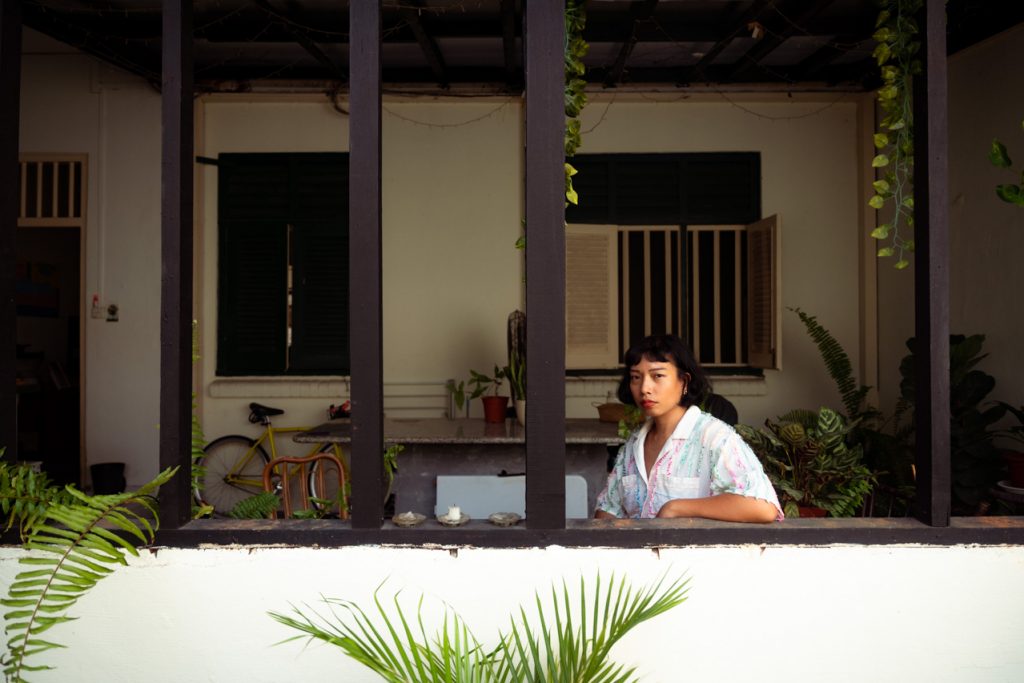
Even Hafizah, who heads to the clinic for blood platelet monitoring every few days, shares that her head fog cleared up and appetite returned only by the second week.
“As ironic as it is, it was a good break,” she reveals. “I was actually happy I got to spend more time with my mother and late grandmother.”
As the old adage goes, prevention is always better than cure. It’s a naggy no-brainer, yes. But taking early preventive measures like getting yourself properly insured, on top of what is superficially advertised, should be the first and most crucial step in protecting your physical and mental health.
Take it from Marklin himself: “After my second ordeal, I was rather diligent in applying mosquito sprays and patches. But, look, I contracted it again! You can never be too well-protected, really.”






